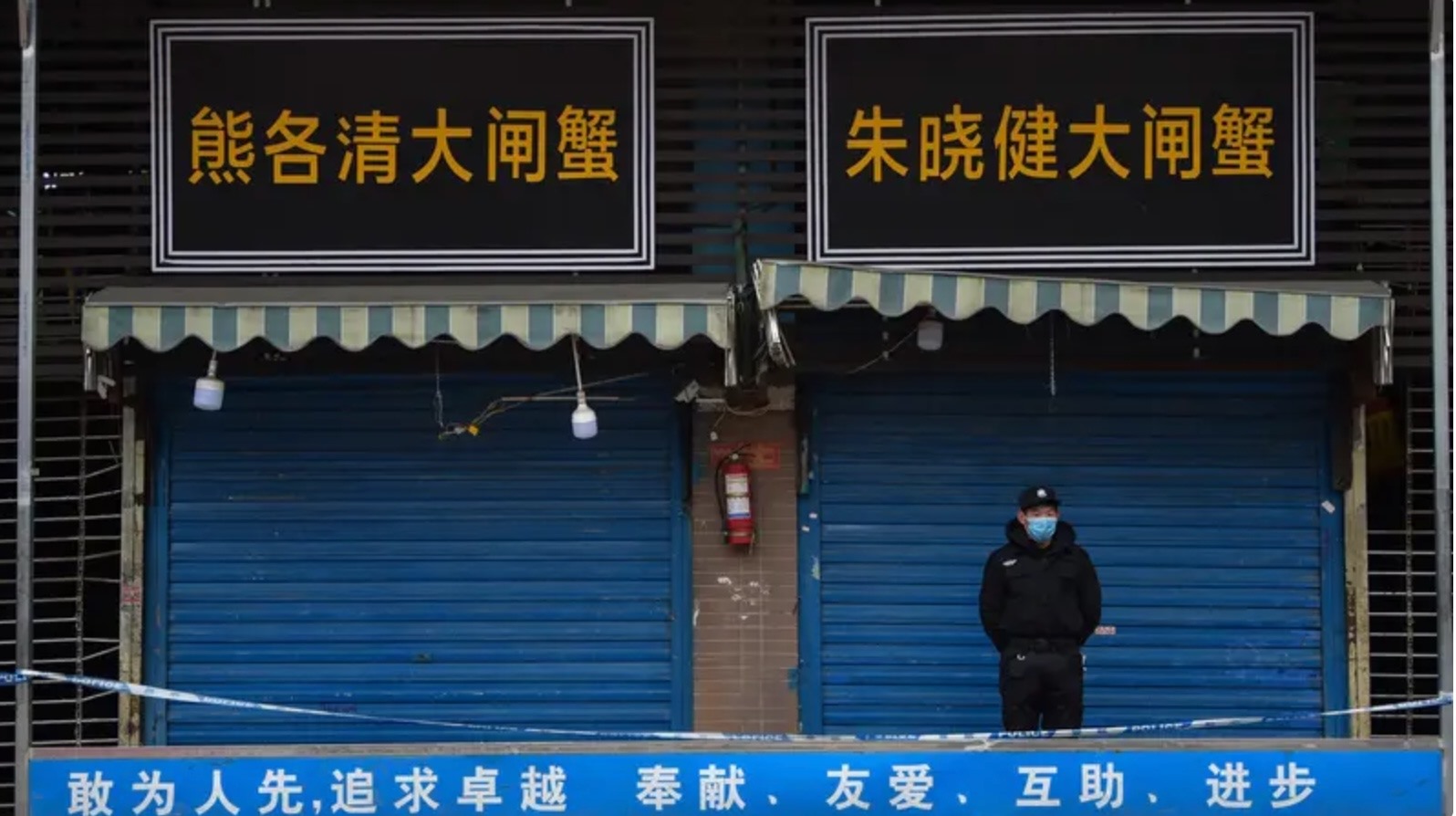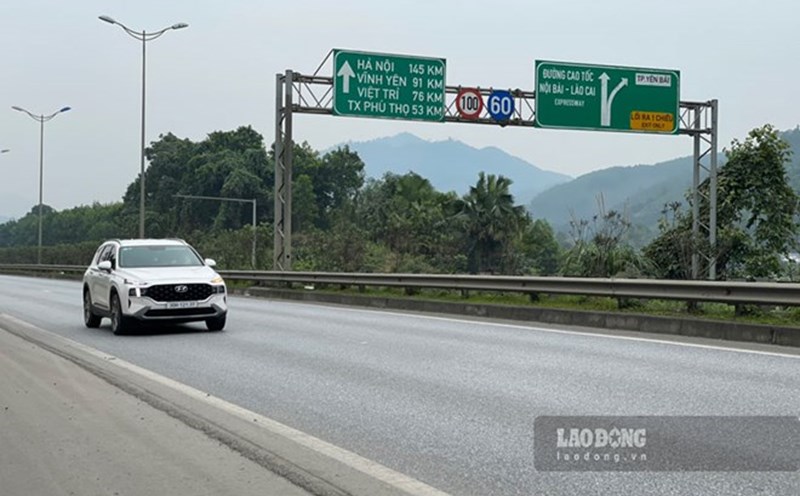Các thành phố của Trung Quốc, từ Vũ Hán đến Tây Ninh đang tăng cường các biện pháp phòng ngừa COVID-19, bao gồm phong tỏa các tòa nhà và đóng cửa các quận.
Ngày 27.10, Trung Quốc báo cáo ngày thứ ba liên tiếp có hơn 1.000 trường hợp COVID-19 mới trên toàn quốc, con số khá thấp so với hàng chục nghìn trường hợp mỗi ngày khiến Thượng Hải phải đóng cửa diện rộng vào đầu năm nay. Tuy nhiên, con số này đủ để kích hoạt nhiều biện pháp ngăn chặn và hạn chế dịch bệnh trên khắp đất nước, theo CNA.
Tại Quảng Châu - thành phố lớn thứ tư của Trung Quốc tính theo sản lượng kinh tế và là thủ phủ của tỉnh Quảng Đông - nhiều đường phố và khu vực lân cận bị phong tỏa. Người dân phải ở trong nhà tới 4 tuần vì các khu vực mới được coi là có nguy cơ cao trong đợt bùng phát mới.
Vũ Hán - nơi bùng phát COVID-19 đầu tiên trên thế giới vào cuối năm 2019 - đã báo cáo khoảng 20 đến 25 ca mắc mới mỗi ngày trong tuần này. Tuy nhiên, chính quyền địa phương đã ra lệnh cho hơn 800.000 người ở một quận phải ở nhà cho đến ngày 30.10.

Bệnh viện Liên hiệp Vũ Hán đã đình chỉ các dịch vụ ngoại trú sau khi một nhân viên tại căng tin có kết quả dương tính với COVID-19. Các trường đại học ở Vũ Hán cũng chuyển sang giảng dạy trực tuyến trở lại. Vũ Hán cũng đình chỉ việc bán thịt lợn ở các khu vực của thành phố, theo các hình ảnh và bài đăng trên mạng xã hội, sau khi một trường hợp COVID-19 được phát hiện mà các nhà chức trách cho rằng có liên quan đến chuỗi cung ứng thịt lợn địa phương.
Tại Tây Ninh - thủ phủ của tỉnh Thanh Hải - xuất hiện tình trạng thiếu lương thực và lạm phát giá đối với các mặt hàng thiết yếu, khi các cơ quan y tế ở thành phố 2,5 triệu dân đưa ra các yêu cầu nhằm ngăn chặn COVID-19 sau kỳ nghỉ lễ Quốc khánh kéo dài một tuần vào đầu tháng 10.
Một quan chức chính phủ ở thành phố Tây Ninh cho hay, để giảm nguy cơ lây truyền, một số cửa hàng rau và trái cây đã bị đóng cửa và bị kiểm dịch.
Các thành phố lớn khác trên khắp Trung Quốc bao gồm Trịnh Châu, Đại Đồng và Tây An cũng đã thực hiện các biện pháp hạn chế mới trong tuần này để kiềm chế dịch bệnh bùng phát tại địa phương.
Tại Bắc Kinh, công viên giải trí Universal Resort bị đóng cửa vào ngày 26.10 sau khi ít nhất một du khách có kết quả xét nghiệm dương tính với COVID-19. Công viên giải trí không cho biết khi nào sẽ mở cửa trở lại nhưng nói sẽ hoàn tiền hoặc sắp xếp lại vé.
"Chúng tôi sẽ tiếp tục đánh giá tác động đối với hoạt động và cố gắng mở cửa trở lại càng sớm càng tốt" - công viên cho biết trên mạng xã hội Weibo.
Trung Quốc đã nhiều lần tuyên bố sẽ tuân thủ chính sách zero COVID-19 và thực hiện những gì mà các nhà chức trách cho là các biện pháp cần thiết để ngăn chặn virus.








